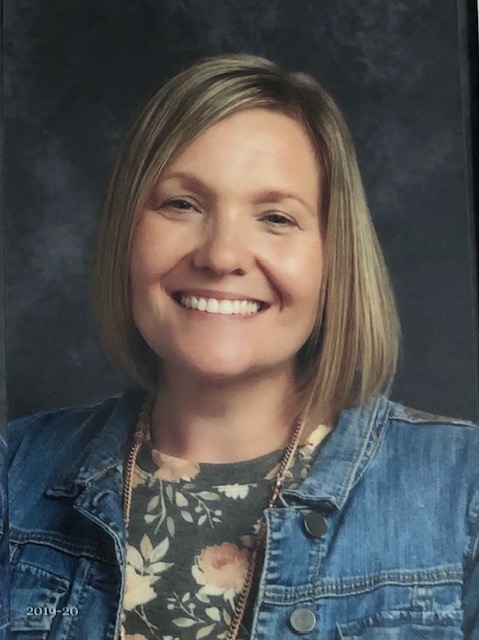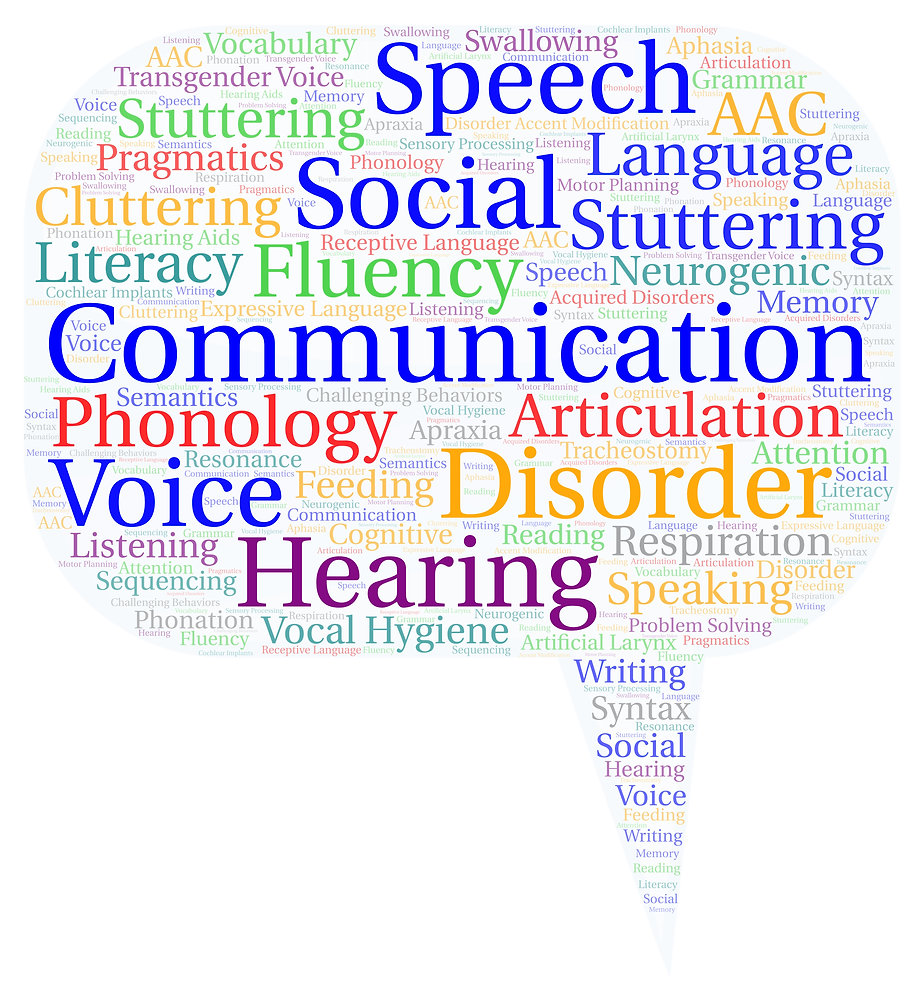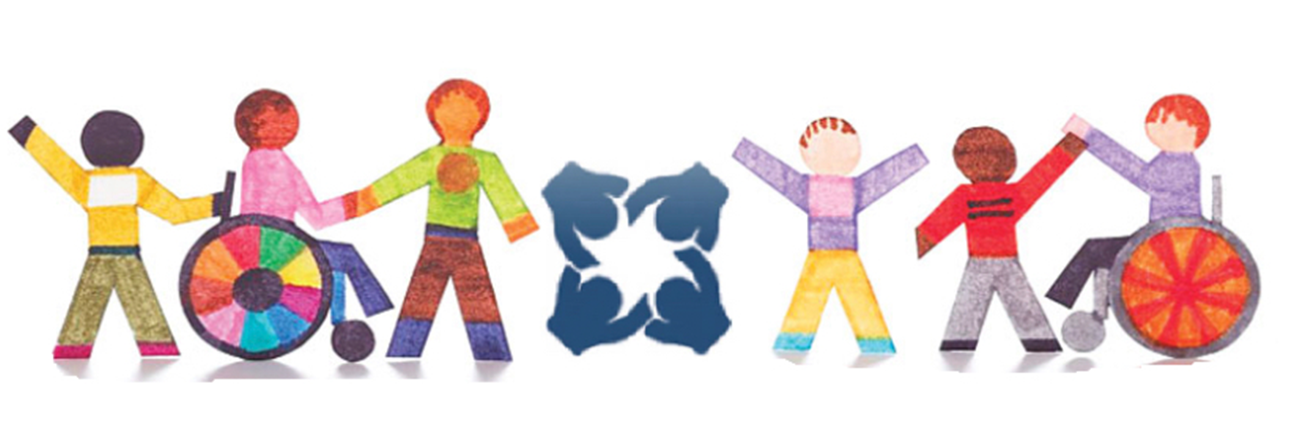Speech & Language

Ann Coenen M.A. CCC-SLP Lead Speech and Language Pathologist PAEC #803
Email: acoenen@paec803.org
Ann graduated from the University of Northern Iowa with a Bachelors in Communicative Disorders and a Master of Arts in Speech Language Pathology. Over the last 24 years, Ann has had the pleasure of working in multiple facilities in various capacities. She began her career working in the public schools in Hawaii on the island of Oahu where she worked with a wide variety of students and classrooms, ages preschool through high school. Upon moving to Chicago, she worked at two schools for the CARC, gaining experience with low incidence populations and complex communicators, as well as providing home based services with children and their families through Early Intervention. Ann has served at PAEC and member districts in several programs, including Early Childhood special education classrooms, blended Pre K, Transdisciplinary Play Based Assessment team, prior to and while providing support as the Lead SLP to the team of 33 SLPs. Ann is a wife, mother to a teenage son and daughter, and loves reading, volleyball, traveling, and spending time with family and friends.

Services Offered to PAEC Students
A speech/language therapist provides speech-language therapy in public schools for students who have difficulties in articulation of speech, receptive language skills and expressive language skills. The goal is to help them with the communication skills they need to succeed academically and socially. Development of those communication skills relies heavily on the child’s hearing, so it is important for babies and young children to have their hearing screened and any issues with their hearing be addressed as early as possible.
There are many areas of communication that a school speech/language therapist can help a student with, including articulation (or production of speech sounds), social language, vocabulary, grammar, listening skills, fluency (for students who stutter), voice, and pre-reading skills. Some students with reduced or absent verbal skills need other ways to communicate, such as pictures, sign language, or communication devices. Speech/language therapist’s can help put individualized communication systems in place for such students, in order to maximize their ability to participate in their school and home environments.
Speech/language therapist’s also work with students who have difficulty with eating or swallowing, due to medical issues like reduced muscle strength or coordination.
Referrals to school speech/language therapist’s may come from many sources, including teachers, parents, and preschool screenings in the community. Speech and language services are considered part of special education and are intended to help students succeed in school.



